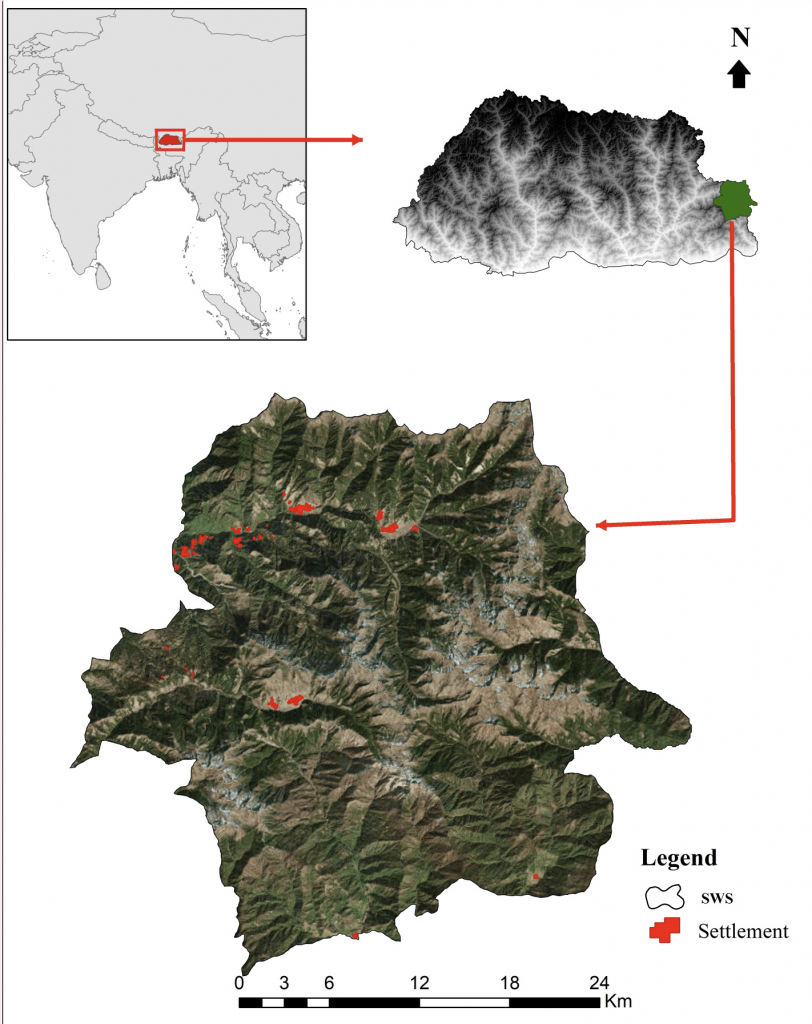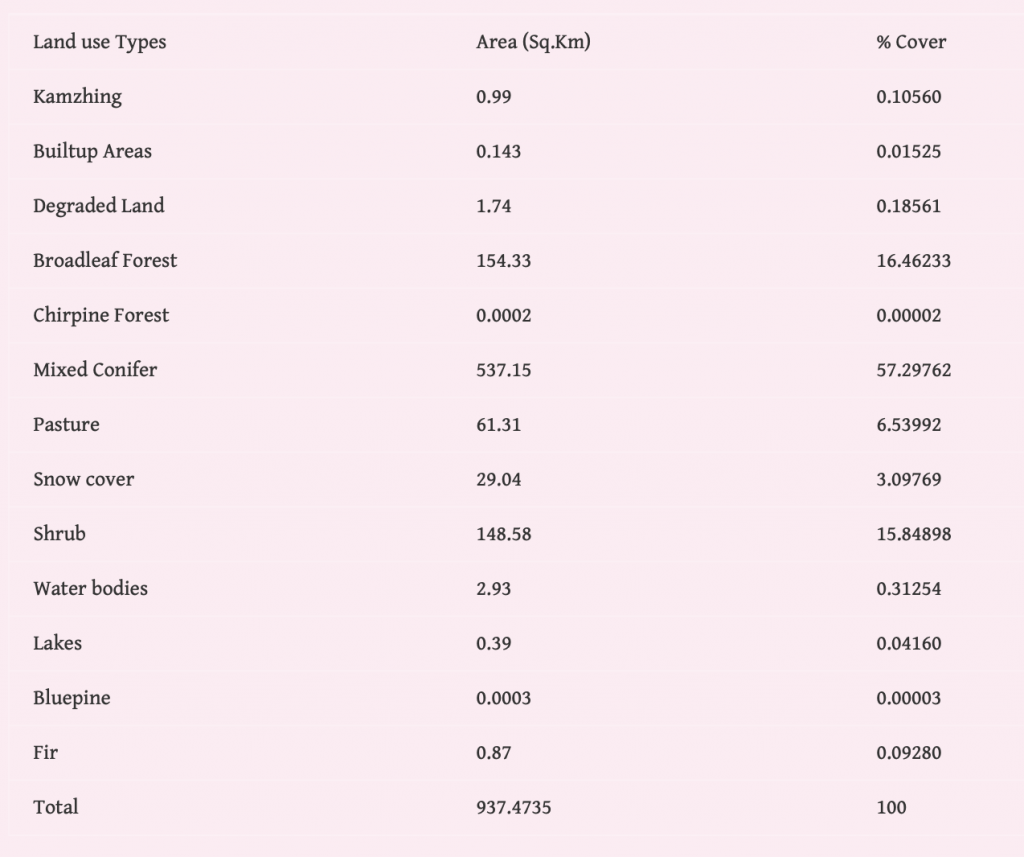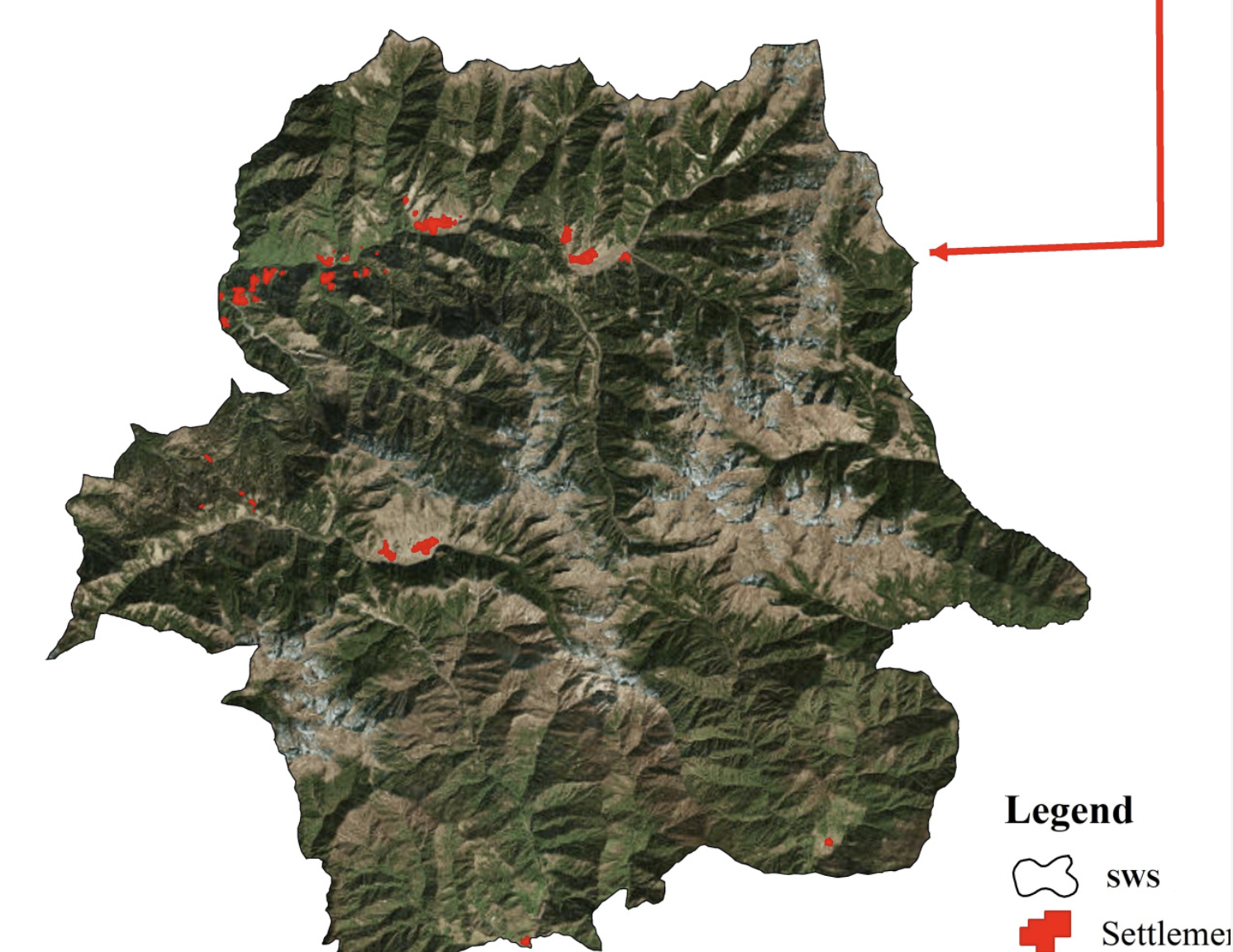Bhutan and China have landed into fresh border dispute – this time quietly in an international forum, details of which have started coming out only recently, bit by bit. Indian media have been quick to pick the issue articulating this to be another indirect pressure on India. The Bhutan-China border dispute has emerged amidst the heightened tension along Indo-China border.
Context
UN’s Global Environment Facility had its virtual meeting in the beginning of last month to approve several grants related to climate change and environmental preservation. The GEF Council discussed and approved USD 5.4m grant application put forth by Bhutan for biodiversity in Sakteng Wildlife Sanctuary in the eastern district of Trashigang. China opposed the proposal and did not join the council decision. China claimed that Sakteng was a disputed border region and as such funding should not be approved. Despite China’s objection Bhutan secured the grant funding.

The GEF had allocated funds for this sanctuary in the past but China had never raised any objection or mentioned it to be an area of border dispute.
Bhutan for the first time went hard against Chinese assertion. Despite ceding a large area in the Gasa district to China, the northern communist nation did not stop border encroachment. Failing to see any intention of the communist regime in resolving the disputes, Bhutan technically started ignoring border talks. When this latest episode hit Bhutan in an international forum, the Himalayan nation formally dispatched demarche to Chinese embassy in New Delhi to express its objection on new Chinese stance.
Without formal diplomatic relations, China and Bhutan communicate through their embassies based in New Delhi.
Bhutanese objection
The diplomatic note is not publicly available, yet Indian media quote sources saying Bhutan objected China’s position and clarified Sakteng Wildlife Sanctuary is an integral and sovereign territory of Bhutan.
According to the GEF Council Chairman’s summary released on June 16, of the virtual meeting held on June 2-3, Aparna Subramani, the World Bank official representing Bhutan, as well as India, Bangladesh, Maldives and Sri Lanka, had said that “Bhutan totally rejects the claim made by the Council Member of China. Sakteng Wildlife Sanctuary is an integral and sovereign territory of Bhutan and at no point during the boundary discussions between Bhutan and China has it featured as a disputed area”.
However, China continued its stance to claim Sakteng is a disputed border region. “The boundary between China and Bhutan has never been delimited. There have been disputes over the eastern, central and western sectors for a long time,” said the Chinese Ministry of Foreign Affairs (MFA) in a statement to the media in Beijing. It also warned third party (possibly India) to stay away from bilateral territorial dispute between Bhutan and China.
The last political or diplomatic exchange between Bhutan and China was in July 2018 when Chinese vice foreign Minister Kong Xuanyou visited Bhutan. He met with King, Prime Minister and senior officials but failed to hold the long due 25th round of border talks.
One of the many reasons in delay for resolving border dispute is lack of direct diplomatic relations. Despite being border-sharing neighbours, China and Bhutan have never established diplomatic relations. Although Beijing wanted to talk directly with Thimphu, Bhutan has hesitated due to the fact that Bhutan’s foreign policy is guided by India.
Indian stance
India stands at the forefront on Bhutan’s foreign policy, territorial disputes and diplomatic relations. The latest instance was in 2017 when India confronted China in Doklam valley where China allegedly started building roads encroaching Bhutanese territory. The show of military continued for 72 days between the two Asian nuclear powers. The military stand-off was called off when India withdrew its force on Bhutanese request.
However, India has not made any formal comment on the latest Bhutan-China border dispute. One possible reason would be – India is already engaged with China in diffusing tensions along the border – particularly in Galwan valley – high up in the Himalayan border region where Chinese and Indian troops engaged in a deadly brawl last month. India may be silent but hopefully monitoring the new claims.
Following the brawl, China and India both are campaigning hard to ramp up international support. Their primary targets are the countries in South Asia – to bring them into their fold. Bhutan has always remained on low profile among the countries in the region when it comes to regional or international politics. Where necessary, Bhutan has always lent support to New Delhi partly because it is politically, economically and diplomatically under Indian influence.
Indian media claim that picking border dispute with Bhutan is yet another tactic that Chinese adopt to try and distance Bhutan from Indian influence. “China’s fresh demand for Bhutan’s territory is part of Beijing’s larger drive to coerce the Himalayan nation into a boundary deal on Beijing’s term and put more pressure on India,” Times of India writes.
China has never mentioned in 24 rounds of border talks with Bhutan between 1984 and 2016 that there has been a border dispute in eastern Bhutan. The two countries had agreed that they have only two border disputes – 269 sq km in west and 495 sq km in north central. The countries share approximately 470km border in the high Himalayas.
Softer approach
Indian media also covered news about waters being controlled by Bhutanese farmers in south-eastern district that directly impacted Indian farmers on the other side of the border. While Bhutan made a public statement to deny this news, it has not issued any public statement on Chinese claim.
Bhutan may be angry at Chinese approach but have no strength for public verbal exchange with the northern neighbour. The borders are sensitive, Indian assistance are not guaranteed in case of full-blown war. This would put pressure on Bhutan to have softer approach with China even the anger is boiling. Bhutan also understands the its strategic location in geo-politics and any confrontation between China and India will have direct impact on life in Bhutan.
Saktent Wildlife Sanctuary facts

